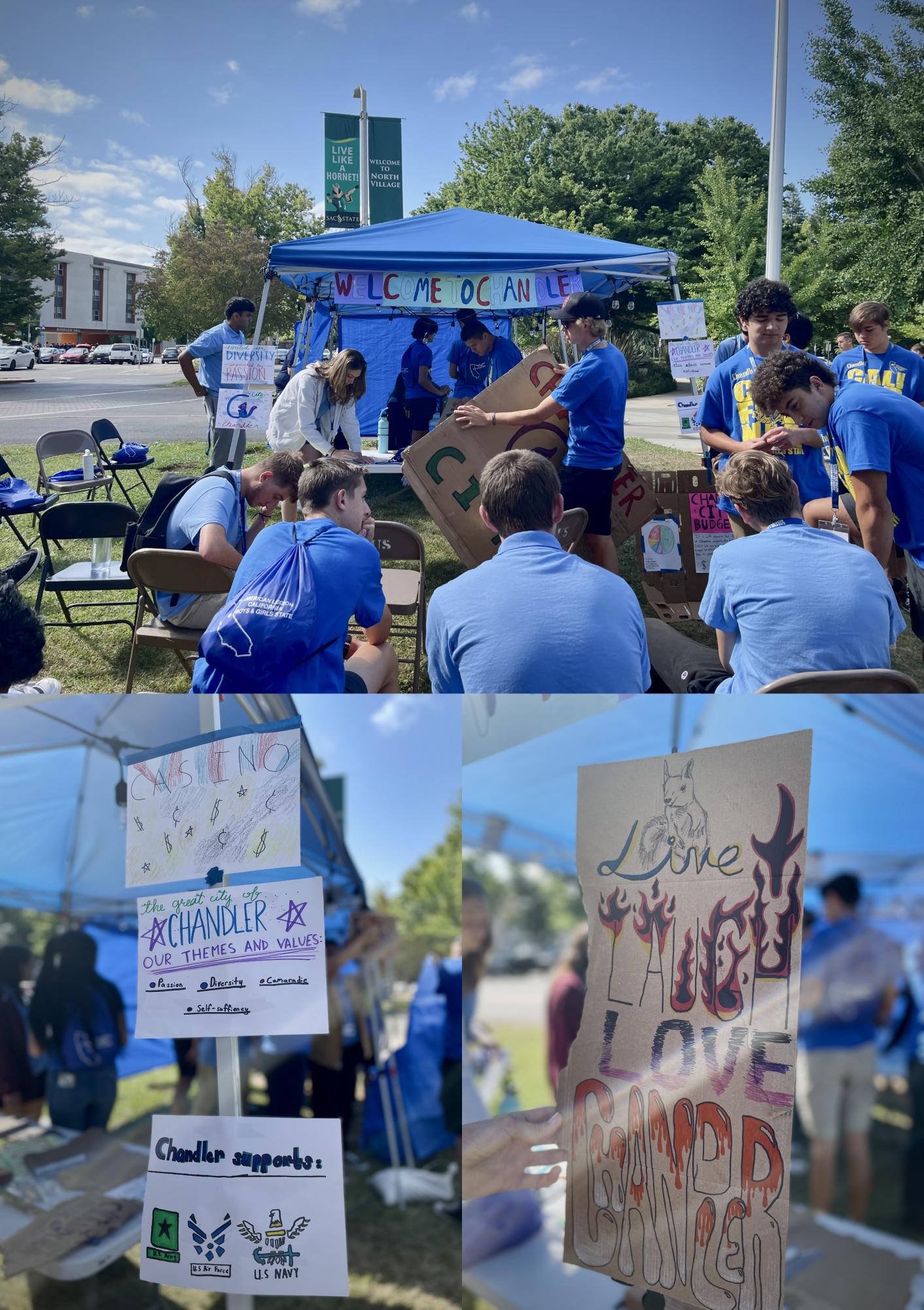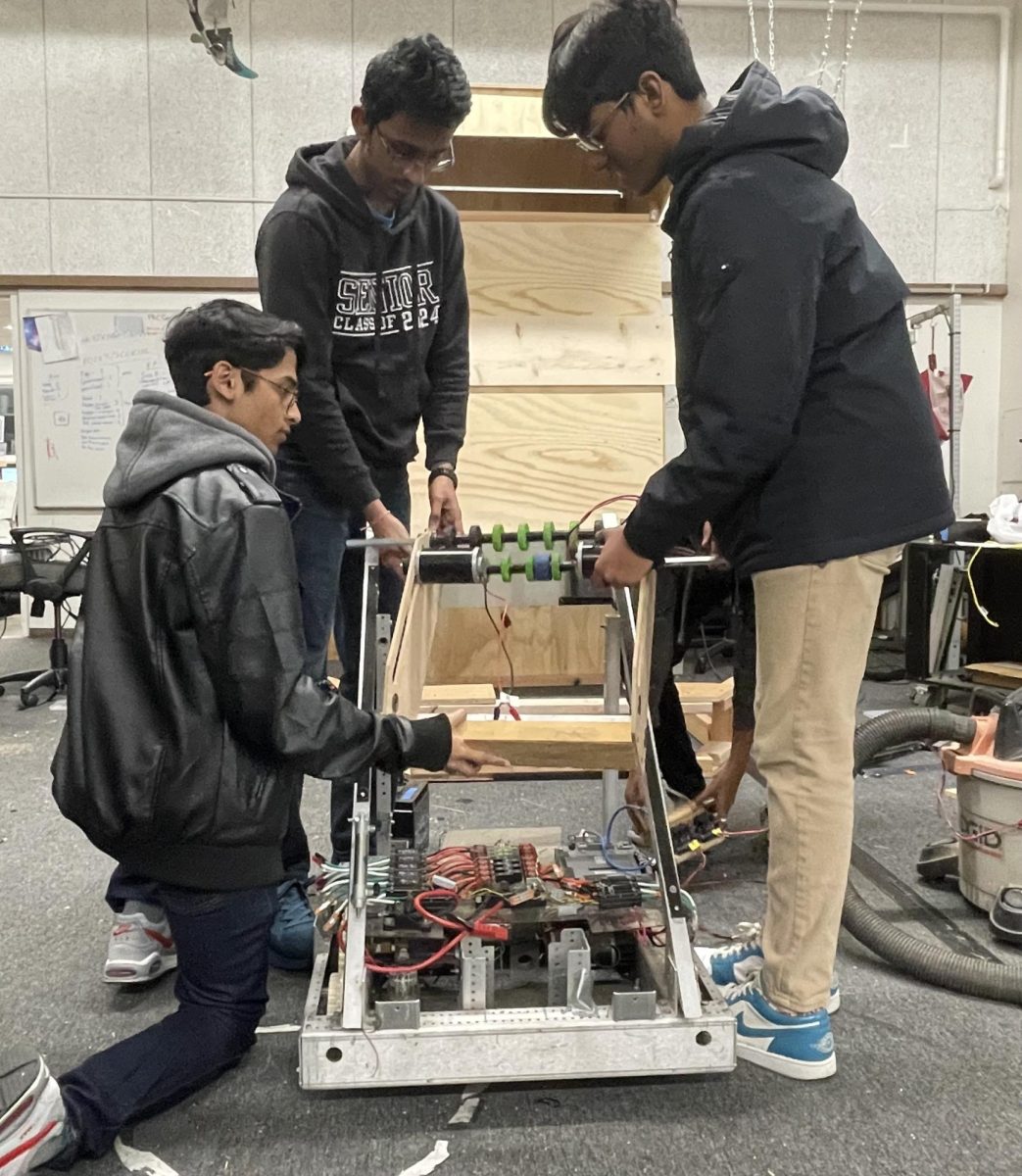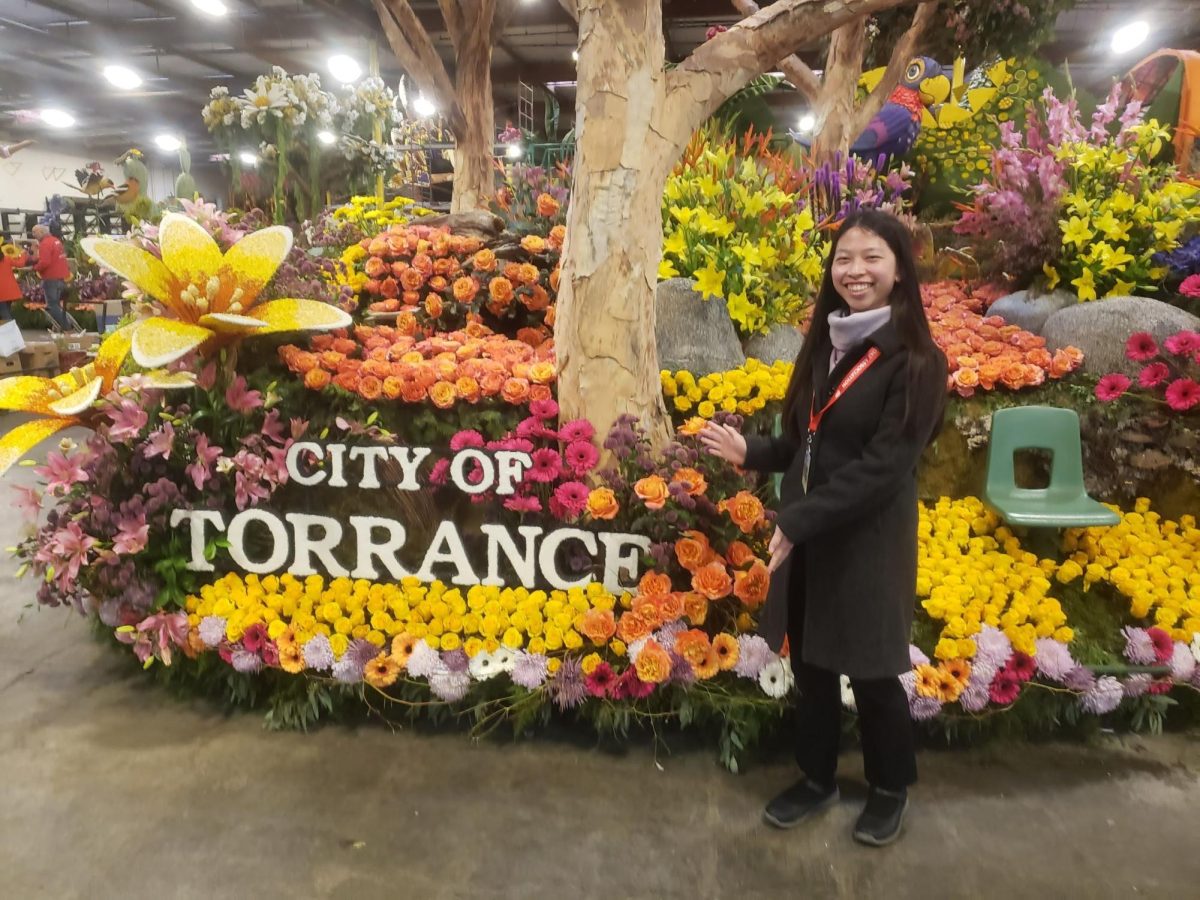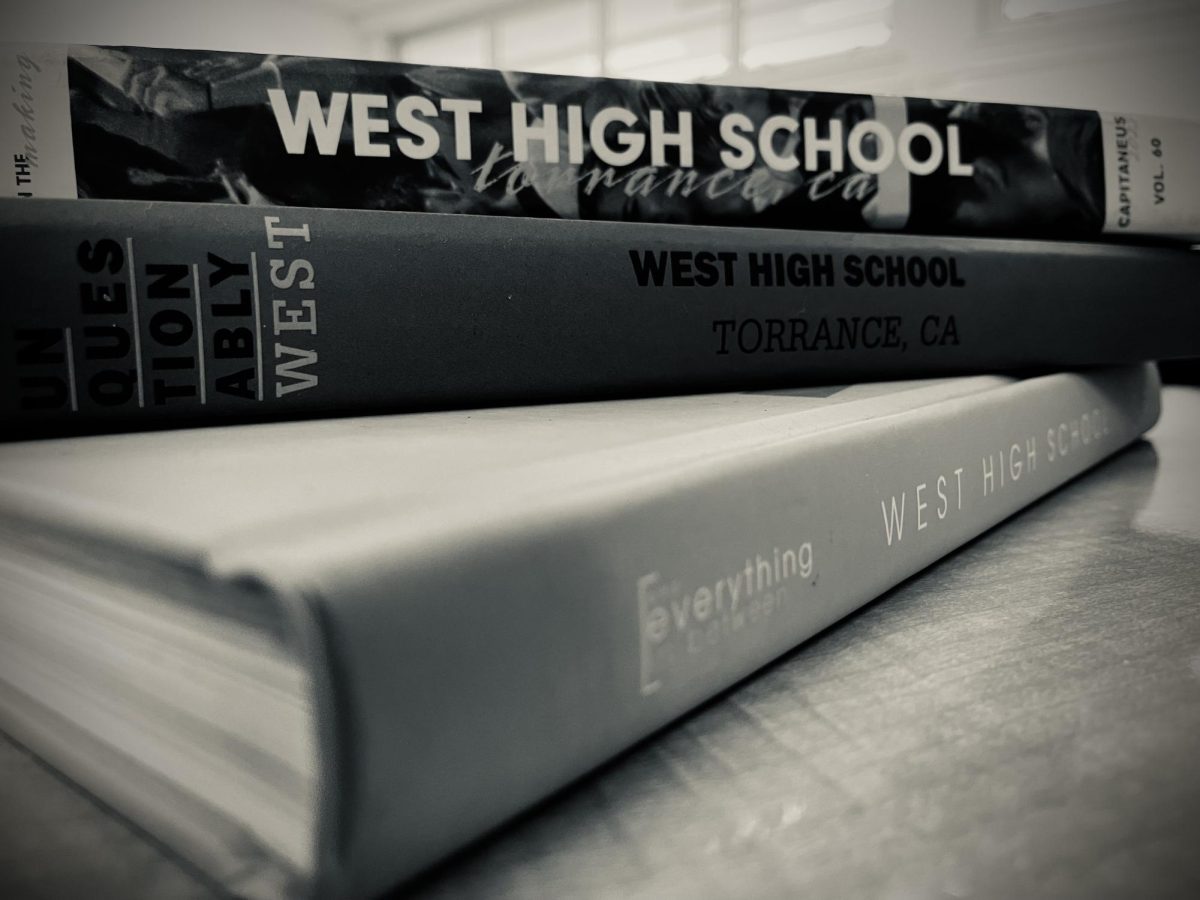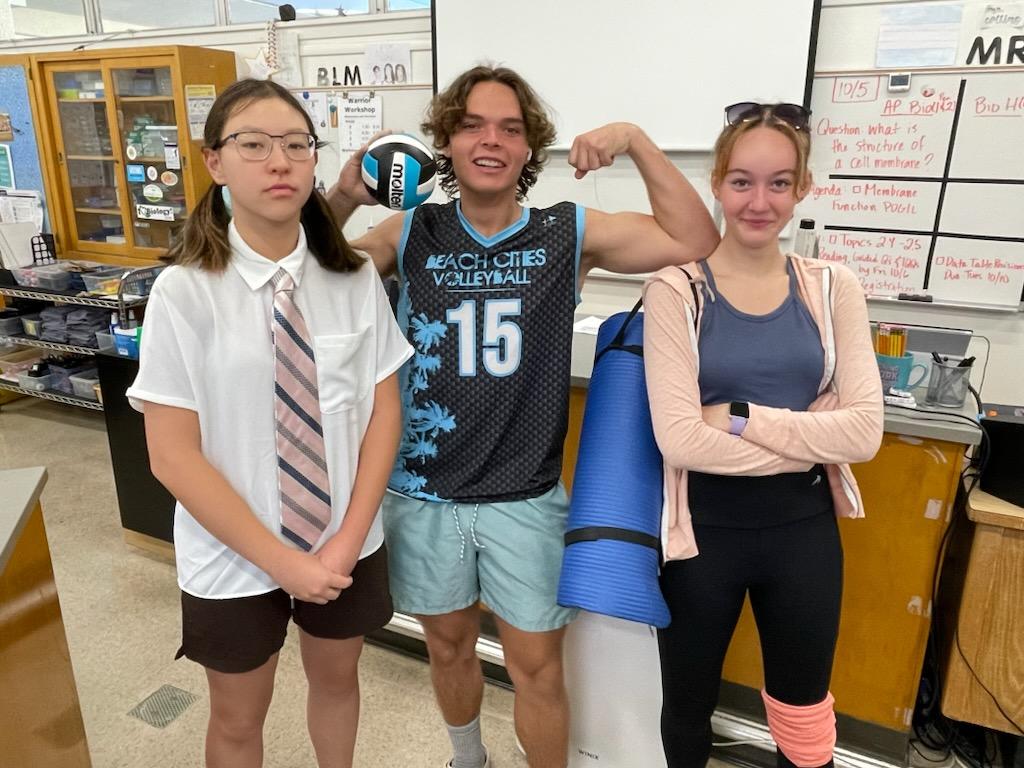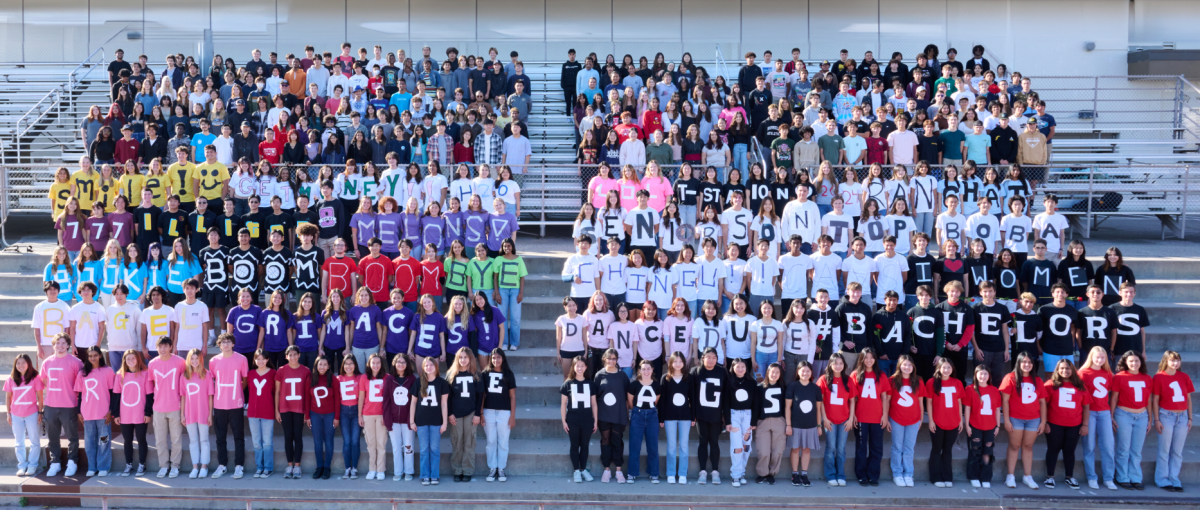The pacifying hums of the road engulfed my synapses throughout the June bus ride to the Golden State’s capital, a jet-black curtain enshrouding anything and everything along the lonely interstate. Save for a motley assortment of constellations, the steady traverse throughout these wee hours was as uneventful as it was restless. The ensuing week, I’d later discover, would be the exact opposite of this seeming monotony.
Every summer, rising seniors have an opportunity to partake in the American Legion California Boys and Girls State, a weeklong civic leadership conference that delves into the functions of local and state government through an immersive, hands-on simulation.
Participants hold elections for myriad public offices, from the city council and county Board of Supervisors, to the state legislature and Supreme Court, to the Secretary of State and governor. Formerly known by its popular moniker Boys State, a 2021 bill passed in the California State Legislature effectively provided for a co-educational experience, a landmark first in the program’s nearly 90-year history. I was honored to represent West High School alongside Chloe Kang (12), converging with over 950 other delegates for the inaugural program at California State University, Sacramento.
“The Senate . . . became a sanctuary for me.”
Disembarking from the bus, eyes sore from a fretful night of sleep, I was promptly ushered into a mock “city” of around 50 other delegates — just one of two dozen others. Suitcase in one hand and key fob in the other, I meandered through the dimly lit corridors of CSUS’s Desmond Hall until I reached my rather musty, cinder-block-adorned dorm — this would be my home for the next week.
Running on nothing but undiluted Folger’s coffee in the mornings, black tea at night, and mess-hall meals in between, our nearly 17-hour workdays comprised everything from legislative proceedings and campaigning to political conventions and speechmaking. I was elected into the Senate and later appointed rotating chair of the “national events” committee. Kang, similarly, won her bid as mayor, overseeing her respective city council.
In just seven days, I was introduced to more people and ideas than in an entire school year. For Kang, the construction of the nascent government “heightened [her] understanding of politics beyond conceptual textbook knowledge.” The Senate, unlike its real counterpart notorious for squabbling and filibustering, became a sanctuary for me: a bastion to deliberate policy proposals and ideas reminiscent of school experiences in English socratic seminars or APUSH pro se courts. Fellow senator May Le (12), who represented Redondo Union High School in Redondo Beach, was inclined to agree: “You are surrounded by a great group of passionate young leaders [who] help you and make you better.” Just maybe did a group of perspicacious 17-year-olds embody the “cooling saucer” that our founding fathers had envisioned for a prudent senate.
As legislators, we drafted bills on issues most pertinent to us: eliminating gerrymandering, reforming the Electoral College, driving down co-payments for EpiPens and insulin, and most importantly, petitioning to make Boys Nation (an extension of the program) co-ed like its state counterpart. Although we were a mock Senate, that didn’t hinder us from trying to push change to the program’s structure as a whole.
With a symbolic boycott of Boys Nation passing unanimously in the Senate and through a majority of the Assembly, Le anticipated that future delegations would “continue the movement we sparked so that one day, a girl will be able to represent California at Boys Nation.” Kang went further, opining that “there shouldn’t be a separate Boys and Girls State/Nation.” Rather, expanding eligibility to more volunteers and advisors, coupled with more diverse guest speakers, would facilitate “real reform,” she suggested.
“Half of the delegates left hating the two-party system and the other half loved it.”
Some might say that 6-hour daily meetings with 23 other lawmakers debating why we should implement rank-choice voting, or why ice cream ought to be subsidized by the federal government, would be quite exhausting. Or worse, that decorum would give way to the polarization seen in real life, derailing our mock delegation into a Lord of the Flies dystopia.
Perhaps they’re not all that wrong: the nightly party conventions at the student union, pep rally antics aside, seemed to reflect the very mob mentality we had personally repudiated as individuals. The conch was conferred to party chairs based on how loud they were (literally), rather than their commitment to crafting a sound platform. Bombastic orations leveraged fervent tribalism not unlike that seen among the political bases, and the rhetorical volleys exchanged between our inflamed cohorts — the Federalists and Whigs — were as amusing as they were unsettling. Nico Donati (12), a fellow senator from Gridley High School in Butte County, quipped that “half of the delegates left hating the two-party system and the other half loved it.”
Be that as it may, the goodwill of others and the spirit of bipartisanship prevailed overall. My conversations with delegates like Le and Donati exposed me to novel views for approaching problems and grappling with controversial issues faced by broader society. I found myself being nudged out of my rather cosmopolitan, liberal bubble of Los Angeles as I gleaned insightful perspectives from fellow juniors throughout Northern California, the Central Coast, the Bay Area, Central Valley, and beyond.
“[Boys and Girls State] was an experience where you could strike up a conversation with a stranger and talk for hours,” recalled Nico DeSesa (12), a senior at Hart High School in Santa Clarita. As a city council member, “it gave [him the] ability to lead as an equal and [as] someone who can lift others up.” Beyond the scope of government, Kang found the personal bonds she had cultivated especially memorable: “From teaching [her] city the cupid dance to [the] last night’s ice cream party,” such camaraderie and candor give me hope that in spite of today’s parochialism, my generation will marshal tomorrow’s young leaders more committed to compromise and finding common ground.
“Don’t let your ego deceive you, . . . it takes little steps to get what you want sometimes.”
With the program fostering both cooperation and competition through rigorous campaigning, perhaps the biggest takeaways were gleaned not from winning office, but from overcoming electoral defeat. Referring to a filing error that rendered him ineligible for Secretary of State, DeSesa instead concentrated on reforming his city council, hoisting his group to first place in the Model City competition. “No bad thing can ever stop you from getting up and trying again and creating something amazing,” DeSesa expressed.
“I grew by realizing that I can serve on any level of government and make a difference, the only variable factor was the prestige and fame associated with it,” Donati said, reflecting on his initial vie for governor. “Don’t let your ego deceive you, you might not be ready to take on the world yet,” he advised, emphasizing that “it takes little steps to get what you want sometimes.”
That is not to say that campaigning didn’t have its flaws. Electoral victory, quite often, rested on one’s ability to extemporize and ingratiate themselves to the masses. Within the Senate, even, campaigns for Majority Leader and Whip amounted to mere 30-second sales pitches. Eloquent speeches came second to name recognition; failure to inculcate a moniker among voters trumped even the most qualified candidates. One Supreme Court candidate, a judicial intern in real life, delivered such a poignant and compelling speech, and yet her name eluded me on the ballot. I can only hope she got on the court.
“If anyone thinks that the political landscape is rough, they’re right.”
Paradoxically, the very essence of Boys and Girls State — to emulate public service — made me realize I didn’t want to pursue such a path. I don’t fancy crafting a persona to court constituents; I’d much rather hold the government accountable and inform the public through the Fourth Estate. The conference helped triangulate my career interest within the political sphere, having realized there are other ends to exercising civic responsibility.
Likewise, Le underscored that “when you believe in something, you have to take action to fight for it,” affirming that “there are so many ways to do so — you just need to get people talking about it” to spark change. To that end, Donati explained that “our government, on almost every level, is made to grow from civil discourse,” reasoning that “if you’re not happy with something, you can work to fix it”; if not through public policy, then certainly through political activism.
Above all else, the program taught me that democracy isn’t a spectator sport, nor is it self-enforcing or correcting. As Donati put it succinctly, “If anyone thinks that the political landscape is rough, they’re right. If they think that’s a good reason to stay out of date with the politics happening around them, they are sorely wrong.” After all, democracy is an idea — an experiment even — that must be buffered from indifference and bolstered by conviction.



